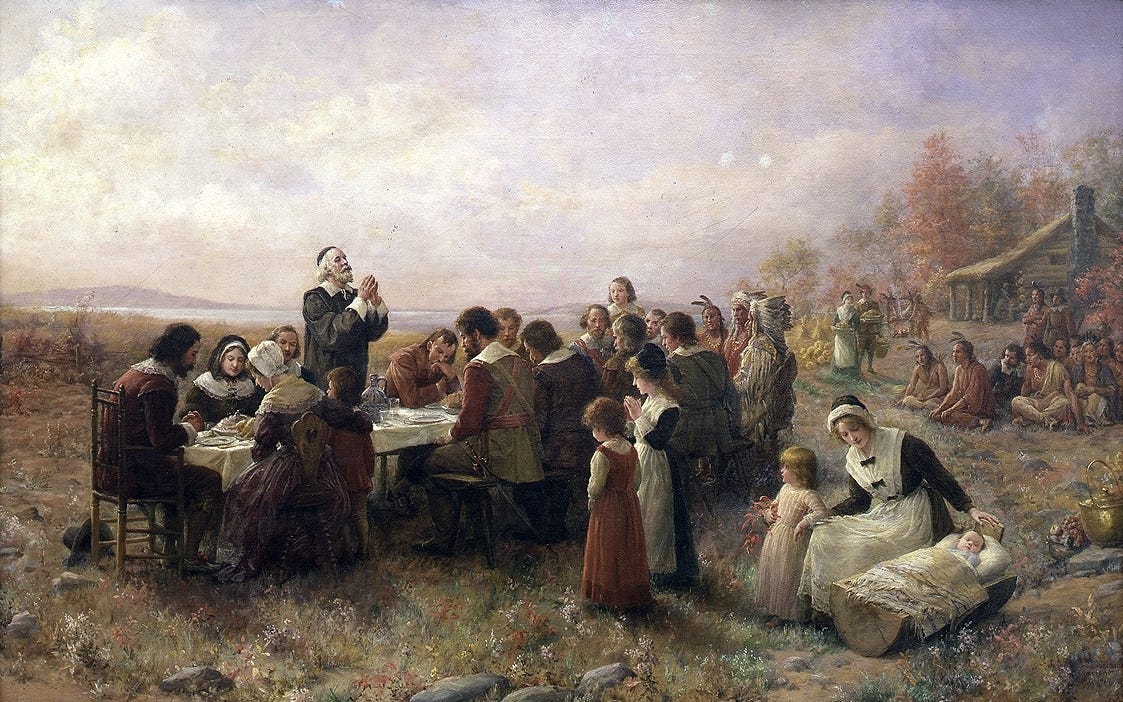Gratitude is a Virtue, Not a Transaction
Gratitude is about more than just saying "thank you." It's at the intersection of kindness and reflection.

“Gratitude is a currency that we can mint for ourselves, and spend without fear of bankruptcy.” — Fred De Witt Van Amburgh
Keep reading with a 7-day free trial
Subscribe to Timeless & Timely to keep reading this post and get 7 days of free access to the full post archives.




